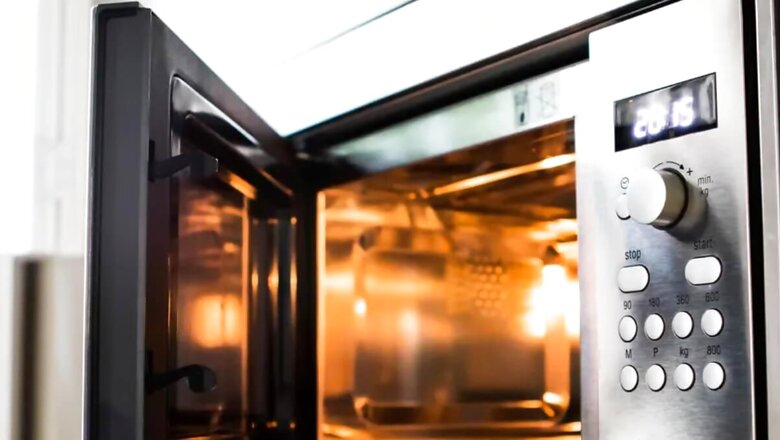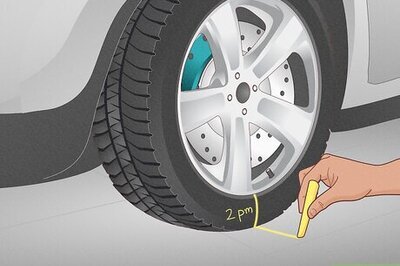
views
During the odd hours of the day, most of us rely on the leftover food to provide ourselves a break from unexpected hunger. Sometimes, we enjoy our favourite meal again by conveniently reheating the food instead of cooking it. But have you ever read about the practice’s repercussions on your body? Not every food item can withstand a second round in the microwave or oven. Consequently, you may get prone to food poisoning or worse health conditions if you continue to practice reheating, especially when it comes to certain foods.
Do you know that reheating certain foods can be extremely hazardous to your body? Given the safety concerns, let’s take a look at the food that should never be reheated.
Chicken
Reheating chicken means fuelling the growth of harmful bacteria, particularly when it was not stored properly. However, one can reheat chicken only once but to a high temperature of 75 degrees Celsius. This will kill all the bacteria present in the food, allowing you to enjoy the meal guilt-free.
Eggs
Be it boiled, scrambled, or fried, eggs, when reheated, lose their flavour. Not only this, they harbour bacteria like salmonella, responsible for causing food poisoning. Since the delicious food item contains protein, it is better suggested to feed on them when they are fresh.
Mushrooms
Reheating mushrooms, particularly at improper temperature, may deteriorate their proteins further affecting your digestive system. To avoid any health repercussions, go for freshly cooked mushrooms.
Spinach
Loaded with iron, nitrate and other nutrients, spinach can cause the conversion of nitrates into nitrite when reheated. Not only this, the nitrites formed further combine with amines to form carcinogenic compounds which are extremely unhealthy. Susceptible to bacterial compounds, spinach is also one of the foods that should not be reheated.
Rice
It is risky to consume reheated rice for many reasons. It provides the perfect environment for the growth of Bacillus cereus. This bacterium causes food poisoning, worsening your health condition.
















Comments
0 comment